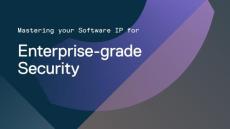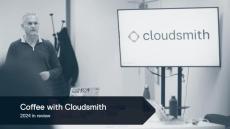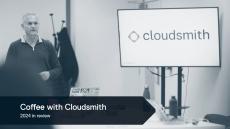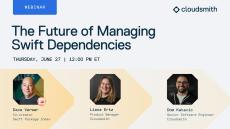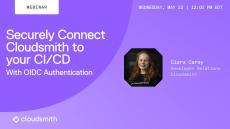- February 2025 (1)
- January 2025 (3)
- December 2024 (5)
- November 2024 (7)
- October 2024 (5)
- September 2024 (3)
- August 2024 (7)
- July 2024 (5)
- June 2024 (3)
- May 2024 (4)
- April 2024 (2)
- March 2024 (6)
- February 2024 (7)
- January 2024 (6)
- December 2023 (6)
- November 2023 (5)
- October 2023 (3)
- September 2023 (3)
- August 2023 (5)
- July 2023 (5)
- June 2023 (4)
- May 2023 (1)
- April 2023 (1)
- March 2023 (4)
- February 2023 (4)
- January 2023 (3)
- December 2022 (4)
- November 2022 (4)
- October 2022 (2)
- September 2022 (4)
- August 2022 (6)
- July 2022 (4)
- June 2022 (2)
- May 2022 (9)
- April 2022 (3)
- March 2022 (10)
- February 2022 (1)
- January 2022 (6)
- December 2021 (3)
- November 2021 (2)
- October 2021 (3)
- September 2021 (3)
- July 2021 (5)
- June 2021 (5)
- May 2021 (4)
- April 2021 (4)
- March 2021 (4)
- February 2021 (4)
- January 2021 (3)
- November 2020 (10)
- October 2020 (6)
- September 2020 (7)
- August 2020 (6)
- July 2020 (6)
- June 2020 (9)
- May 2020 (9)
- April 2020 (9)
- March 2020 (2)
- February 2020 (6)
- September 2019 (1)
- August 2019 (1)
- July 2019 (2)
- June 2019 (1)
- May 2019 (2)
- April 2019 (1)
- August 2018 (1)
- July 2018 (1)
- November 2017 (1)
Cloudsmith, your friendly neighbourhood Package Management startup, is a fully managed 24/7 Software-as-a-Service (SaaS) for securely storing and sharing assets, packages and containers. We have distributed millions of packages for innovative companies around the world and specifically help with: development, for internal build pipelines and dependencies; deployment, for delivery pipelines to servers; and distribution, for sharing software to entitled users worldwide.
Our main office is in Belfast, UK, but our approach to software development and the Cloud allows people to contribute from all over the world.
Built for Engineers, by Engineers:
- For Dev: Control the dependencies for your build/development pipelines. Share libraries privately with your teams, and develop your software securely.
- For Ops: Deploy the artefacts for your delivery pipelines. Promote through delivery stages, and ignore unstable upstreams that will break you.
- For Vendors: Distribute licensed software to customers, anywhere in the world. Define private access via entitlements, to ensure only entitled users get it.
The new standard in Package Management and Software Distribution.


